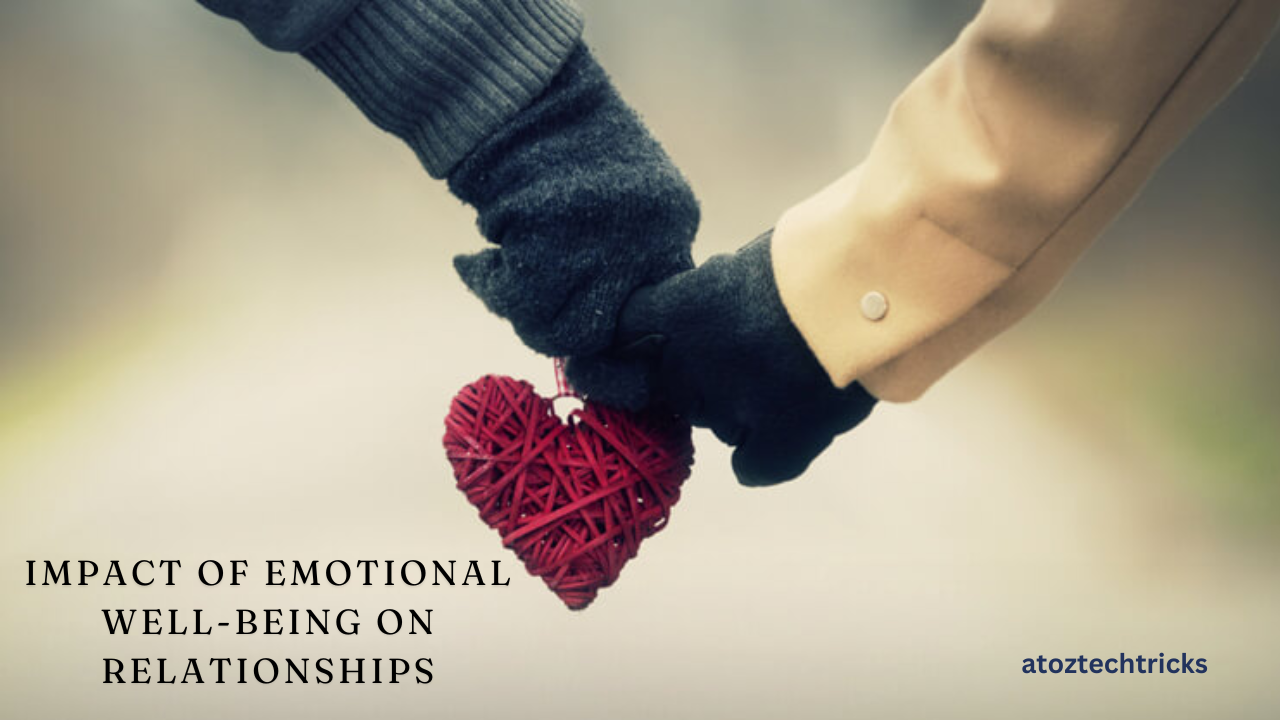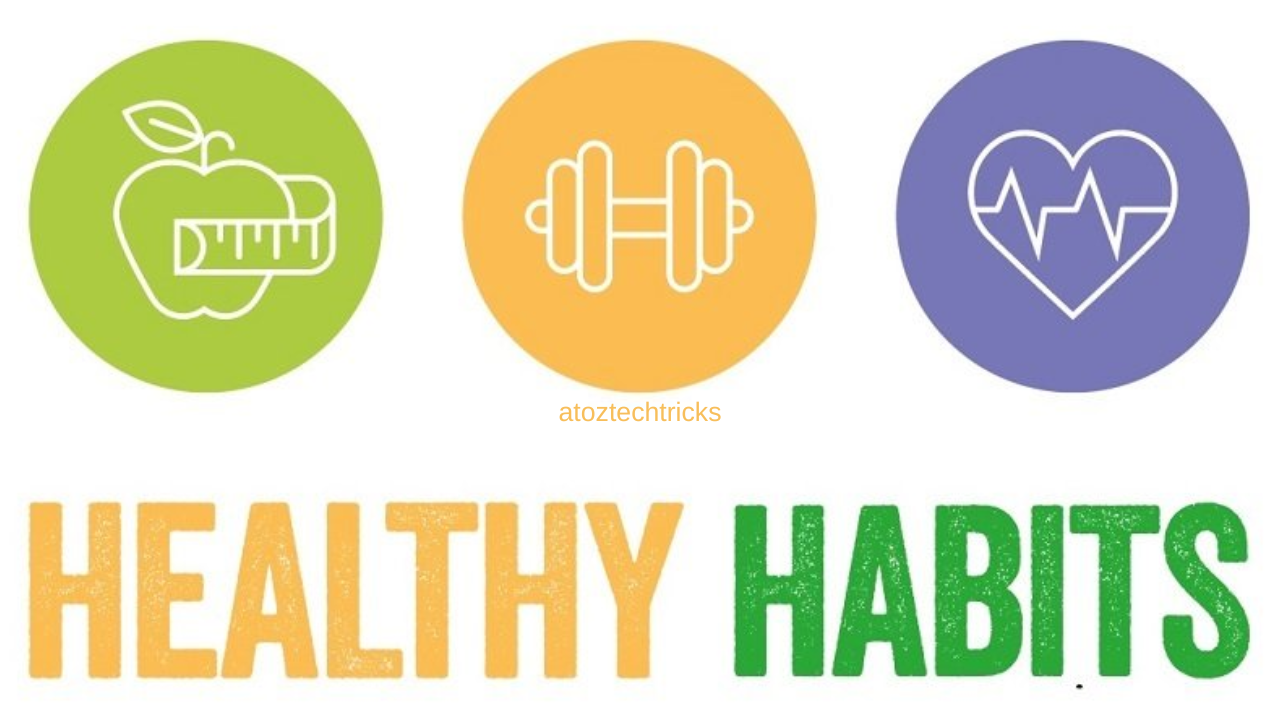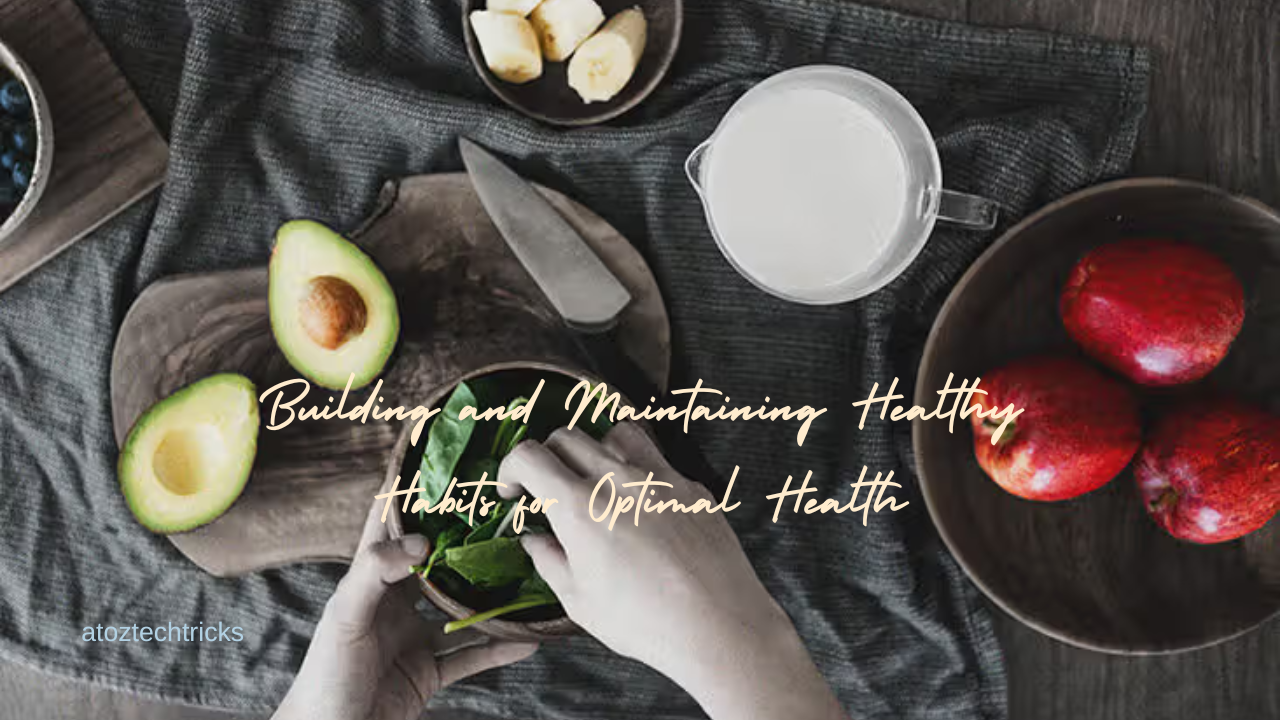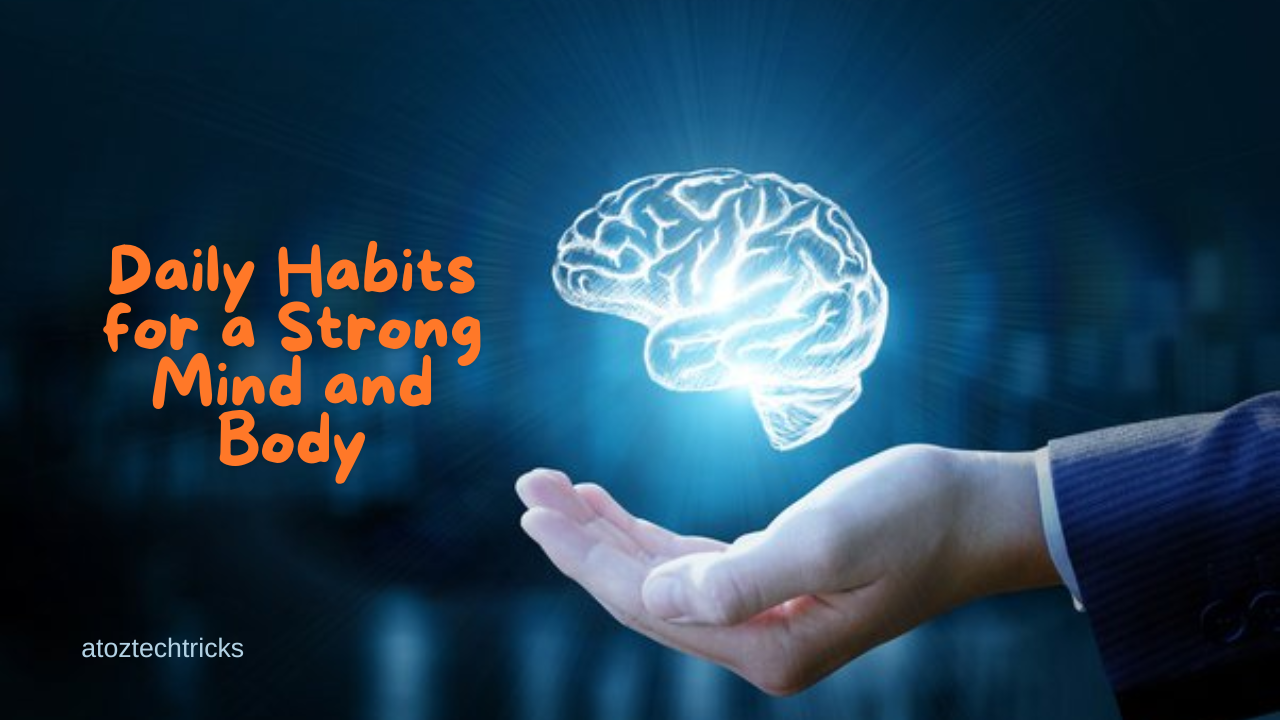Impact of Emotional Well-Being on Relationships: A Comprehensive Exploration
Emotional well-being is a crucial component of a healthy and fulfilling life. It encompasses the ability to manage one’s emotions, cope with stress, and maintain a positive outlook on life. This state of emotional balance not only influences personal happiness but also plays a significant role in shaping the quality of relationships. Whether with family, friends, or romantic partners, emotional well-being impacts how individuals interact, communicate, and connect with others. This comprehensive exploration delves into how emotional well-being affects relationships, examining key aspects such as communication, conflict resolution, intimacy, and overall relationship satisfaction.
Understanding Emotional Well-Being
Emotional well-being refers to a state of mental health characterized by emotional stability, resilience, and a positive outlook. It involves managing stress, maintaining a balanced mood, and having a sense of purpose and satisfaction in life. Key factors contributing to emotional well-being include self-awareness, emotional regulation, and a supportive social network.
Self-Awareness: This is the ability to recognize and understand one’s emotions, strengths, and weaknesses. Self-awareness allows individuals to be in tune with their feelings and the impact those feelings have on their behaviour and interactions with others.
Emotional Regulation: Effective emotional regulation involves managing and modulating emotional responses to situations. This skill is essential for maintaining composure, reducing stress, and avoiding negative emotional reactions that could harm relationships.
Supportive Social Network: Having a network of supportive friends, family members, or mentors can greatly enhance emotional well-being. These relationships provide a source of comfort, advice, and encouragement during challenging times.
The Role of Emotional Well-Being in Relationships
Emotional well-being profoundly impacts various aspects of relationships, from communication and conflict resolution to intimacy and overall satisfaction. Here’s a closer look at how emotional well-being influences these key areas:
1. Communication
Effective communication is the cornerstone of any successful relationship. Emotional well-being affects how individuals express themselves, interpret messages, and respond to others.
Positive Communication: People with high emotional well-being are more likely to communicate openly and honestly. They can express their needs and feelings clearly without fear of judgment or conflict. This openness fosters a deeper connection and understanding between partners.
Active Listening: Emotional stability enhances the ability to listen actively and empathetically. Emotionally balanced individuals are better equipped to understand and validate their partner’s feelings, which strengthens the bond and reduces misunderstandings.
Non-Verbal Cues: Emotional well-being also affects non-verbal communication. Positive emotions and a calm demeanour are often reflected in body language, facial expressions, and tone of voice, all of which contribute to more effective and harmonious interactions.
2. Conflict Resolution
Conflict is an inevitable part of any relationship. How conflicts are managed and resolved can either strengthen or weaken the relationship.
Healthy Conflict Management: Individuals with good emotional well-being are more likely to approach conflicts with a problem-solving mindset rather than reacting impulsively or defensively. They can remain calm under pressure and are more willing to find constructive solutions.
Emotional Regulation: Emotional regulation skills are crucial during conflicts. Those who manage their emotions well are less likely to escalate arguments or engage in destructive behaviours. They can address issues calmly and thoughtfully, leading to more effective resolution.
Empathy and Understanding: Emotional well-being enhances empathy, which is vital for resolving conflicts. Understanding the other person’s perspective and validating their feelings can de-escalate tensions and promote mutual respect.
3. Intimacy
Intimacy involves emotional closeness, trust, and a deep connection with another person. Emotional well-being plays a significant role in fostering and maintaining intimacy.
Building Trust: Emotional stability and self-awareness contribute to building and maintaining trust in a relationship. When individuals are secure in their emotions, they are more likely to be reliable, honest, and supportive, which strengthens trust.
Emotional Availability: People who are emotionally well are more available and responsive to their partner’s emotional needs. They can provide support and affection, creating a nurturing environment that fosters intimacy.
Vulnerability: Emotional well-being encourages vulnerability, which is essential for deepening emotional connections. Being open and sharing personal feelings and experiences helps partners understand each other better and strengthens their bond.
4. Relationship Satisfaction
Overall relationship satisfaction is influenced by the emotional health of both partners. A stable emotional state contributes to a more fulfilling and harmonious relationship.
Quality Time: Emotional well-being allows individuals to enjoy and appreciate quality time with their partner. They are more present and engaged, leading to a stronger sense of connection and satisfaction.
Resilience: In the face of challenges, emotionally healthy individuals are more resilient and optimistic. They approach difficulties with a positive attitude, which helps maintain relationship satisfaction even during tough times.
Mutual Support: A healthy emotional state enables individuals to provide and receive support effectively. This mutual support enhances relationship satisfaction by ensuring both partners feel valued and cared for.
Preventative Measures for Physical Health: A Comprehensive Guide
The Impact of Emotional Well-Being on Different Types of Relationships
Emotional well-being affects various types of relationships differently, including romantic partnerships, family dynamics, and friendships.
1. Romantic Relationships
In romantic relationships, emotional well-being plays a pivotal role in shaping the quality of the connection between partners. A healthy emotional state contributes to a more harmonious and fulfilling relationship, characterized by effective communication, trust, and intimacy.
Romantic Bonds: Couples who are emotionally well are better equipped to handle the ups and downs of a relationship. They can maintain a positive outlook, work through challenges collaboratively, and support each other’s growth.
Sexual Intimacy: Emotional well-being also impacts sexual intimacy. Emotionally balanced partners are more likely to have a satisfying and fulfilling sexual relationship. They feel comfortable expressing their desires and addressing any concerns.
2. Family Relationships
Family dynamics are deeply influenced by the emotional well-being of each member. Emotional stability contributes to healthier family interactions and a supportive home environment.
Parent-Child Relationships: Emotionally well parents are more likely to provide a nurturing and supportive environment for their children. They can manage stress effectively, model healthy emotional regulation, and respond to their children’s needs with empathy and understanding.
Sibling Relationships: Emotional well-being affects sibling interactions as well. Siblings who manage their emotions well are more likely to engage in positive and supportive relationships, reducing conflicts and fostering a sense of connection.
3. Friendships
Friendships thrive on mutual understanding, support, and shared experiences. Emotional well-being enhances these aspects, contributing to more satisfying and enduring friendships.
Supportive Connections: Friends who are emotionally well can offer genuine support and encouragement. They are more likely to be reliable, empathetic, and understanding, which strengthens the friendship.
Conflict Resolution: Emotional stability helps friends navigate conflicts more effectively. They can address issues calmly and respectfully, maintaining a strong and positive connection even when disagreements arise.
Strategies for Enhancing Emotional Well-Being in Relationships
Improving emotional well-being can positively impact relationships. Here are some strategies to enhance emotional well-being and strengthen connections with others:
1. Self-Care Practices
Engaging in self-care practices is essential for maintaining emotional well-being. This includes activities that promote relaxation, reduce stress, and enhance overall mental health.
Exercise: Regular physical activity can improve mood and reduce stress. Exercise releases endorphins, which contribute to a sense of well-being and emotional stability.
Healthy Diet: A balanced diet supports overall health and well-being. Nutrient-rich foods can positively impact mood and energy levels.
Mindfulness and Meditation: Practicing mindfulness and meditation can help manage stress and promote emotional regulation. These techniques encourage self-awareness and a calm mindset.
2. Building Strong Social Connections
Maintaining strong social connections is vital for emotional well-being. Building and nurturing relationships with friends, family, and supportive individuals can enhance overall happiness and stability.
Social Support: Surrounding oneself with supportive and understanding people provides a sense of belonging and reassurance. Having a reliable support network can help navigate challenges and enhance emotional well-being.
Quality Time: Spending quality time with loved ones fosters deeper connections and strengthens relationships. Engaging in meaningful activities and open communication can enhance emotional bonds.
3. Seeking Professional Help
Sometimes, emotional well-being may be affected by underlying issues that require professional intervention. Seeking therapy or counselling can provide valuable support and tools for managing emotions and improving relationships.
Therapy: Working with a therapist can help individuals address emotional challenges, develop coping strategies, and enhance self-awareness. Therapy can also improve communication skills and conflict-resolution abilities.
Support Groups: Joining support groups can provide a sense of community and shared understanding. Connecting with others who have similar experiences can offer valuable insights and encouragement.

Emotional well-being is a fundamental aspect of healthy and fulfilling relationships. It influences communication, conflict resolution, intimacy, and overall relationship satisfaction. By understanding the impact of emotional well-being on relationships and implementing strategies to enhance emotional health, individuals can build stronger, more meaningful connections with others. Prioritizing self-care, fostering supportive social connections, and seeking professional help when needed are essential steps toward achieving emotional balance and cultivating thriving relationships. Ultimately, investing in emotional well-being not only benefits individuals but also enriches the quality of their relationships, leading to a more harmonious and fulfilling life.




Post Comment